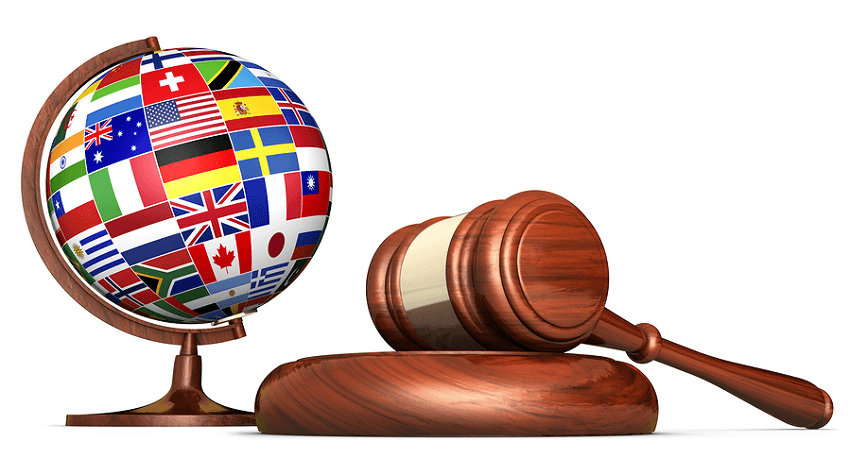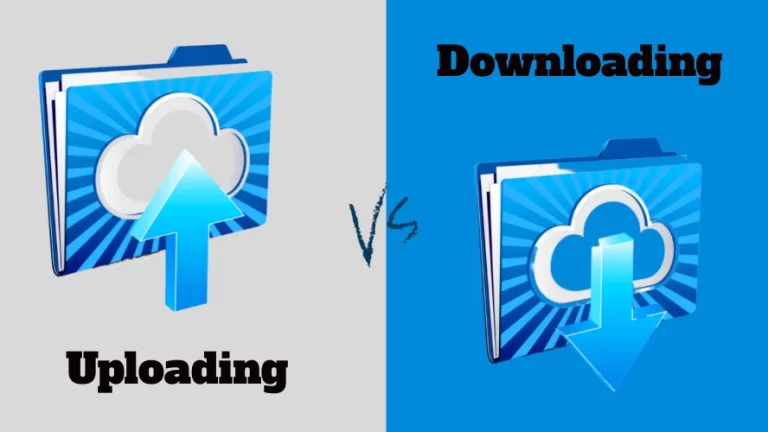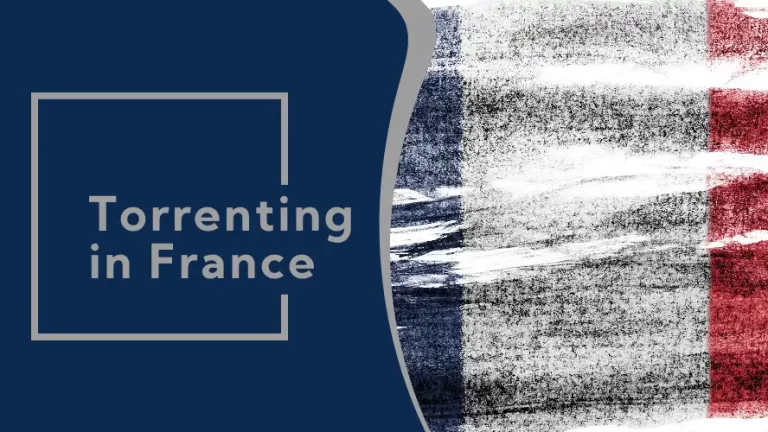Since its inception decades ago, torrenting remains the most popular way for users to upload and download a variety of media. Even though file-sharing in itself is legal, issues may arise when the content being shared is copyrighted.
Laws, penalties, and actual enforcement of laws regarding the unauthorized sharing of copyrighted content all vary greatly by country. Although the practice is allowed in some places, it’s considered to be a serious offense in others.
We’ll take a look at countries where torrenting is either legal or essentially legal, as well as countries where people caught torrenting receive hefty penalties.
Which Countries Allow Torrenting?
Certain countries have explicit laws that legalize the practice of downloading protected content. This practice is relatively rare, since explicitly allowing torrenting of copyrighted material is likely in violation of international treaties, and many economies rely on the concept of Intellectual Property to an extent.
Spain
One example is Spain. In 2006, the country’s courts determined that it is legal to share copyrighted content online. However, profiting in any way off of the contents is not.
Mexico
A lesser-known torrent-friendly country is Mexico. Sharing copyrighted material is legal in Mexico because the nation’s laws have virtually nothing on the books regarding copyright. Though its neighbor, the United States, relies on intellectual property rights to thrive, Mexico’s economy is not based in media.
This may soon change, as some politicians are beginning to question whether failure to honor copyrights could be a violation of international treaties.
Switzerland
Switzerland, the country famous for remaining neutral in most matters, does have copyright laws. However, much like its infamously anonymous banking system, Swiss law demands that all upload and download history remains private.
Swiss courts have declared that torrents are “protected speech“, so they are legal to download. Notably, software is always unlawful to download via torrent. Just like in Spain, profiting off of torrents is expressly illegal.
However, per a 2010 court decision, it is still illegal to upload or “seed” a copyrighted file. The only protected activity is downloading.
Countries with Tolerance for Torrenting
Other countries are less relaxed about torrenting for private use but still have “formal tolerance” for the practice. In other words, they aren’t willing to explicitly make the practice legal, but they promise to not prosecute users as long as they follow guidelines.
Canada
Unlike the United States, Canada has fairly easygoing rules on file-sharing. Canadians are allowed to torrent virtually anything, so long as it’s not for financial gain. Canada has stringent copyright laws, but these notably only apply to Canadian works.
For example, if a user shares an episode of a U.S.-based TV show, they would not be subjected to penalties under Canadian law. However, if they were to share a show produced and released in Canada, they could face hefty fines.
The Netherlands
The Netherlands is known for its lax policies on drugs prohibited in most countries, and it should also be known for its tolerant view on torrenting. The Dutch government uses the same approach it takes with cannabis with copyrighted works, for the most part. A little-known fact is that these drugs are not actually legal under Dutch law. However, there is “formal tolerance” for their sale and use.
In the same vein, downloading copyrighted material is not technically legal. Dutch media-playing devices used to charge a “personal copying fee” tax upon purchase. After the country joined the EU, a Court of Justice decided that this fee was unreasonable, and it was removed.
Still, however, anyone who downloads movies, music, TV shows, or games via torrents will not get in trouble with the law. As an exception, Dutch law fully prohibits the illegal sharing of “cracked” software (software that ordinarily requires payment to use).
The Strictest Countries on Torrenting
Now that we’ve looked at where users can generally torrent with impunity, even without a VPN, let’s take a look at where in the world laws are the harshest. Users found downloading content illegally in strict countries can face severe penalties, even if the works are only copyrighted in another country.
The United States
The rationale for the United States having strict laws regarding torrenting is quite simple: the country produces the bulk of English-speaking media around the world, and much of the economy is based on rights-holders being able to profit. An oddity in United States law places Copyright Infringement under civil code, meaning that mere uploading and downloading of protected content is not a crime.
Users may be required to pay a fine between $200 and $150,000, depending on the amount of damage done. This is per infringement, meaning that those people caught torrenting in the U.S. could potentially face a $150,000 fine for each song if they download a music album.
Because this is in the civil code, private lawyers known as “copyright trolls” are often employed by rights-holding organizations. They monitor swarms of users in using the BitTorrent protocol, record U.S.-based IP addresses, and subpoena the identities of those involved.
They offer a “settlement payment” that is typically under $1,000 in exchange for not taking the user to court for the alleged infringement. There has been significant public outcry regarding this practice and the stringency of financial penalties, which led to this becoming much rarer than it was a decade ago.
The United Kingdom
The U.K. has very strict torrenting laws, more than most countries in Europe. The government is permitted to enforce censorship on infringing websites, a practice that is illegal in the United States.
But there’s a key difference between enforcement in the U.K. and the U.S. The U.K. government is the only entity who can enforce this, while private lawyers can sue people in the U.S. Additionally, while it would be allowed under U.K. law, the country claims it does not go after someone who downloads torrents for personal use without profiting.
However, those that are operating torrent sites, or that profit of sharing copyrighted materials face very harsh penalties: up to ten years in prison and an “unlimited” fine.
Germany
Germany made the list, not because of the penalties imposed, but because of the frequency the german government penalizes suspected Internet pirates. Either local governments or private lawyers who notice German IP addresses in torrent swarms may obtain the identities of users involved.
They may then fine these users not less than 500 Euros and not more than 1500 Euros. There have even been cases where individuals who simply streamed movies online were targeted!
Being on the Safe Side
As you can see, there are many cases where someone could suddenly land in hot water and owe a corporation a huge amount of money for downloading torrents.
If you download or seed torrents, your IP address will be logged by countless governments and private lawyers. This is why it’s imperative to use a VPN. Many people are under the misconception that if they live in a country where torrenting is legal, a VPN isn’t necessary.
However, given that laws change all the time and previous torrent data has been used as evidence in court cases in countries like Sweden, you’ll never know if you’re truly safe without a VPN. It’s always better to take control of your Internet privacy instead of leaving it to various governments and seedy lawyers.



